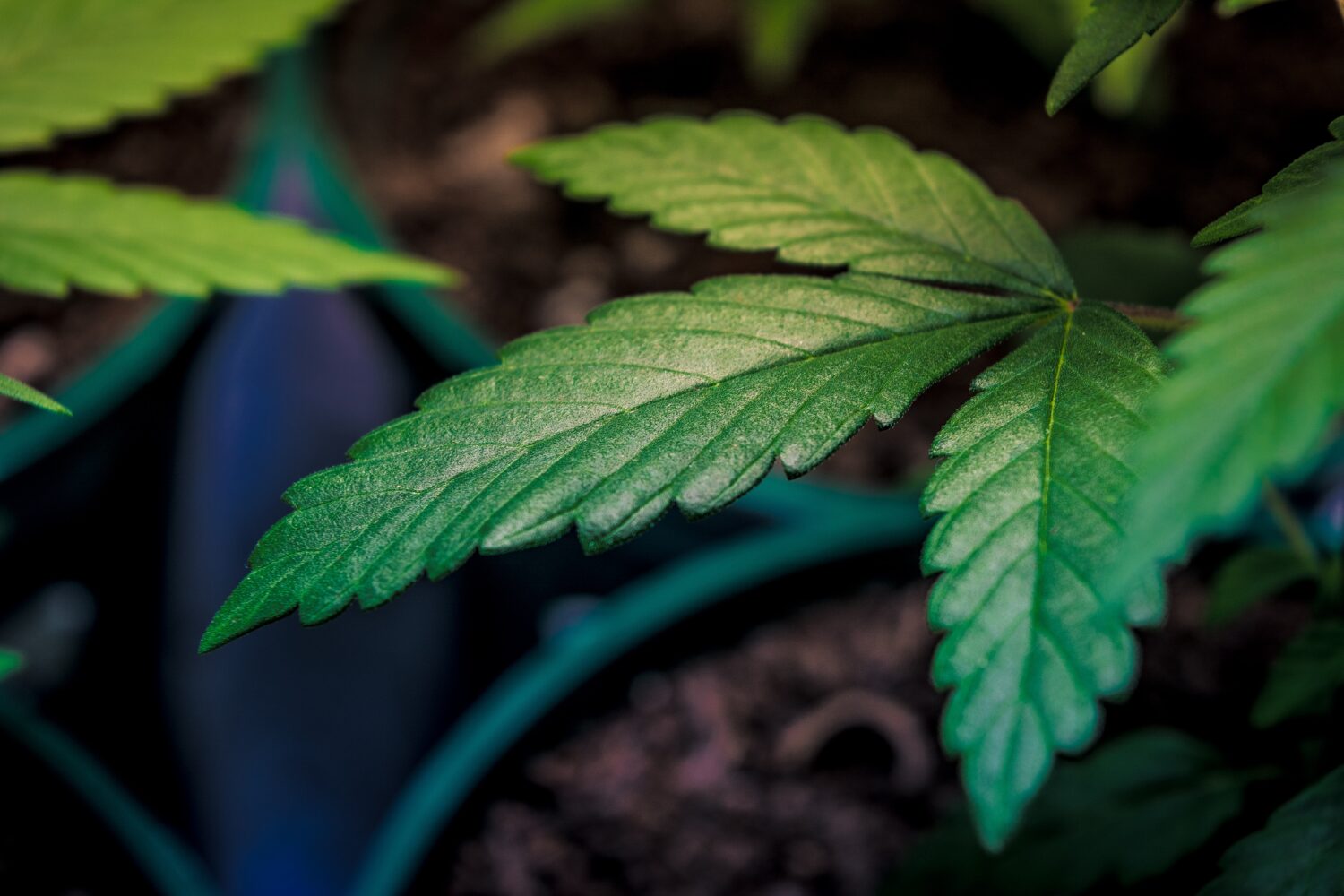A new study in the International Journal of Drug Policy found that states with legal medical marijuana enjoyed significant reductions in health insurance premiums compared to states where cannabis remained completely illegal.
Analyzing a decade’s worth of private health insurance data from the National Association of Insurance Commissioners, researchers determined that in the years following a state’s implementation of a medical cannabis law, premiums dropped dramatically.
While the reductions were modest immediately following implementation, the study found that by seven years afterward, annual premiums had fallen $1,663 compared to states in the control group. Similar reductions were seen after eight years ($1,542) and nine years ($1,626), indicating that the decline was fairly stable over time.
“Although the effect does not begin until seven years post-medical cannabis law implementation,” the authors conclude, “there is a significant and sizable reduction in health insurance premiums” in states that legalize medical marijuana.
“Due to the nature of insurance pooling and community rating,” they add, “these savings are appreciated by cannabis users and non-users alike.”
As the study’s authors point out, the findings undermine concerns that legalization would risk increasing healthcare costs. “Initial concerns about medical cannabis legalization leading to increases in medical care costs, which would be reflected in higher insurance premiums, appear to be unfounded,” they wrote.
Researchers were specifically looking at individual private health plans rather than employer-sponsored insurance plans or Medicaid. The study notes that health insurance spending in the U.S. accounts for between 16 percent and 34 percent of the average household budget.
In an attempt to control for other variables, authors focused on states where only medical marijuana was legal, excluding from the analysis states where adult-use legalization was already in effect. States in the control group, meanwhile, included those without medical cannabis or those that had passed but not yet implemented a such a policy
Authors acknowledged that there appeared to be a difference in premium reductions based on how early a state implemented its medical cannabis law, though more investigation is needed. “For early, mid, or late adopting states,” they wrote, “there seems to be a small increase in premium in the second full years after enactment. However, early moving states continue to see a decline in premiums for years 3 through 9, whereas mid-adopting states see an attenuated impact on premiums after year 3.”
Authors of the research paper were Amanda C. Cook, an economics professor at Bowling Green State University; E. Tice Sirmans, a professor in Illinois State University’s department of finance, insurance and law; and Eastern Michigan University economics professor Amanda Stype.
The new paper adds to a growing body of research identifying the potential public health benefits associated with ending prohibition. A number of studies, for example, have found that states with medical marijuana have significantly lower rates of prescribed opioids. Earlier this year, a report found that adult-use legalization was similarly associated with “reductions in opioid demand.”
In March, a separate study determined that states with legal medical marijuana had lower opioid payments to doctors—another indication patients are using cannabis as an alternative to prescription drugs.
On the individual level, a recent study in the International Journal of Drug Policy found that cannabis significantly reduced opioid cravings for people using opioids without a prescription, suggesting that expanding access to legal cannabis could provide more people with a safer substitute.
A study published in January by the American Medical Association (AMA), meanwhile, found that roughly one-in-three chronic pain patients report using cannabis as a treatment option, and most of that group has used cannabis as a substitute for other pain medications, including opioids.
A separate AMA study found an association between state-level medical cannabis legalization and significant decreases in opioid prescriptions and use among certain cancer patients.
A study published in September found that giving people legal access to medical cannabis can help patients reduce or stop use of opioid painkillers without compromising their quality of life.
The same month, another study found that the pharmaceutical industry takes a serious economic hit after states legalize marijuana—with an average market loss of nearly $10 billion for drugmakers per each legalization event. (Full Story)

